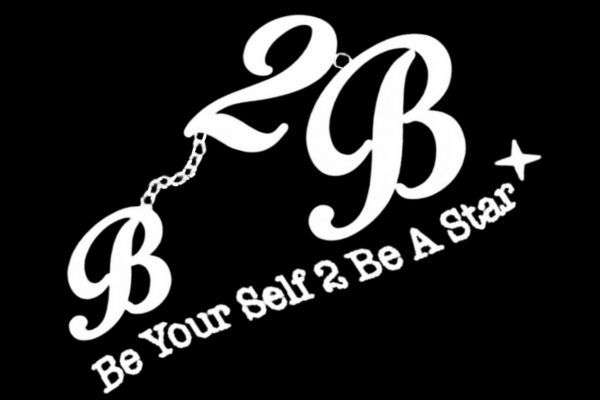Leveraging Emotional Intelligence in the Workplace

Introduction:
Emotional intelligence (EQ) has become increasingly recognized as a critical factor in workplace success. Professionals with high EQ are better equipped to navigate complex social dynamics, manage stress, and lead teams effectively.
Self-Awareness:
The first step in developing emotional intelligence is self-awareness. This involves recognizing your emotions and understanding how they influence your behavior. By being more aware of your emotional triggers, you can make more thoughtful decisions, particularly in stressful situations.
Empathy in Leadership:
Empathy is a core component of emotional intelligence, particularly for leaders. Understanding and sharing the feelings of others helps build trust and fosters a collaborative environment. Leaders who demonstrate empathy are more likely to have engaged, loyal teams.
Managing Stress:
EQ also plays a role in how you manage stress and pressure. By staying calm and composed, emotionally intelligent professionals can think more clearly and make better decisions during high-pressure situations. This ability to manage stress is essential for maintaining productivity and well-being in the workplace.
Conclusion:
Emotional intelligence is a powerful tool for improving workplace performance, enhancing leadership, and building stronger relationships. By developing self-awareness, empathy, and stress management skills, you can elevate your professional success and foster a positive work environment.




